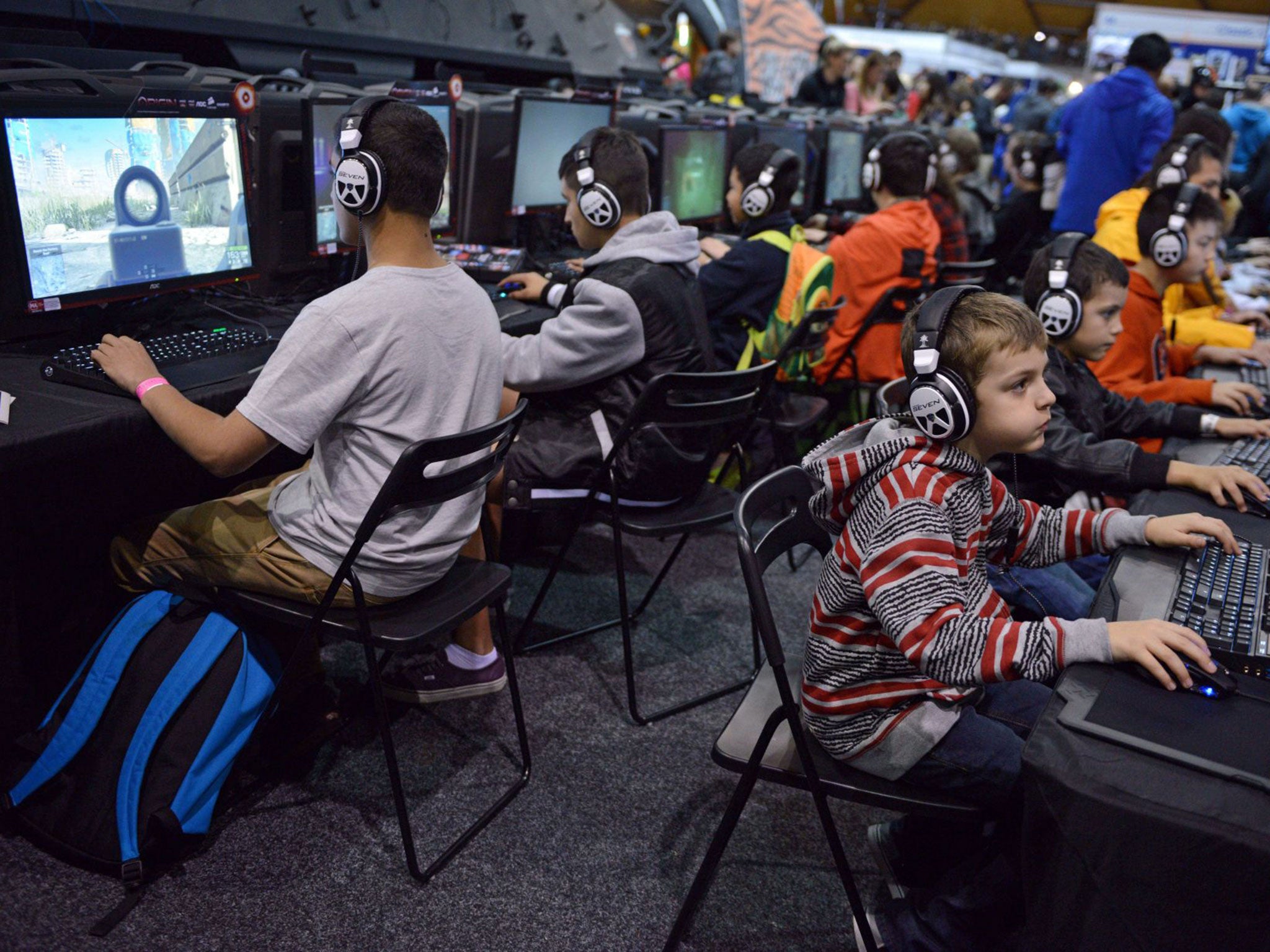Young people are a 'bunch of time-wasters’ who spend an hour daydreaming every day, says research
Social media and sitting on the sofa accounts for much of the wasted time

Your support helps us to tell the story
From reproductive rights to climate change to Big Tech, The Independent is on the ground when the story is developing. Whether it's investigating the financials of Elon Musk's pro-Trump PAC or producing our latest documentary, 'The A Word', which shines a light on the American women fighting for reproductive rights, we know how important it is to parse out the facts from the messaging.
At such a critical moment in US history, we need reporters on the ground. Your donation allows us to keep sending journalists to speak to both sides of the story.
The Independent is trusted by Americans across the entire political spectrum. And unlike many other quality news outlets, we choose not to lock Americans out of our reporting and analysis with paywalls. We believe quality journalism should be available to everyone, paid for by those who can afford it.
Your support makes all the difference.Young people in Britain today are a “bunch of time wasters”, according to new research by the Army Reserves.
The majority of millennials admitted they waste at least some of their spare time, despite never having achieved some of their ‘big dreams’ in life.
The research, which focused on 18 – 35-year-olds, is part of a fresh recruitment drive by the Army Reserves, who are struggling to meet their targets.
The research questioned 2,021 people and found that in each typical working day, the average respondent spends more than two hours on the sofa, nearly one and half hours gaming and more than an hour daydreaming.
It found browsing social media was a huge time waster for the younger generation, the average member of which checks their various pages around seven times every day.
Facebook is the worst culprit, taking up around one hour and 16 minutes, while Twitter and Instagram both occupy almost 40 minutes, and just over half an hour on Snapchat and Vine.
Despite this, many of the same young people say they have big ambitions they want to achieve, but don’t have the time. Half said they wanted to do something exciting and adventurous but over two thirds said they had never had any experiences like that.
A total of 61 per cent said they wanted to learn new skills and develop themselves, while 20 per cent said they would like to volunteer or help others.
Perhaps unsurprisingly, the Army Reserves concluded that the results of their own survey showed young people should join their ranks to fill their otherwise wasted time with gaining new skills and experiences, such as travel, adventure training and peace-keeping exercises.
“Too many people in this age bracket think they don’t have enough time to be a reservist because they will have to join for a long time and it’s difficult to leave when the reverse is true,” said director of Army Reserves Major General John Crackett.
The Army Reserve is likely to have a more active role in the UK’s military, particularly as a result of budget cuts to full time forces. The Army Reserves have to meet a target of 30,000 reservists by 2018, but has been struggling to sign up new recruits.
Officially, the organisation currently has 22,530 trained reserve troops, nearly 8,000 short of the amount it is said to need within two years’ time.
Join our commenting forum
Join thought-provoking conversations, follow other Independent readers and see their replies
Comments